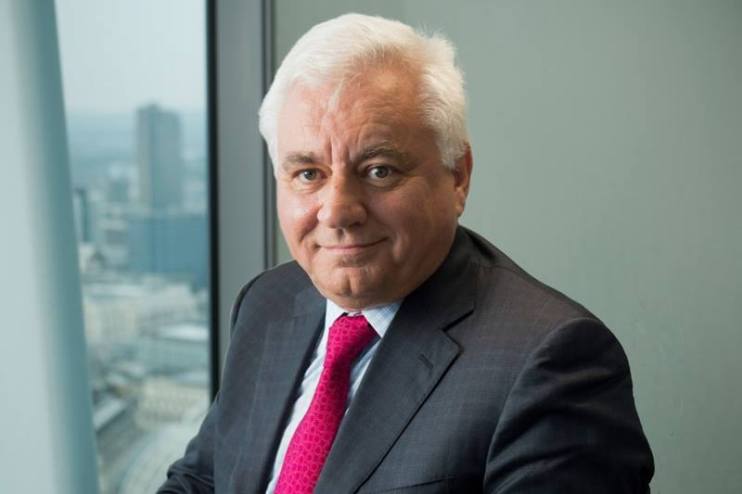DWF CEO: ‘We’ve equalled our Beirut blast work from Covid claims already’

There will plenty of legal work arising from coronavirus-related negligence claims, and listed law firm DWF has already started to see the work pile in.
Negligence claims are likely to rise from individuals who lost loved ones during the coronavirus pandemic, and according to DWF CEO Sir Nigel Knowles, the listed law firm has already seen as much Covid-related work as it did following the Beirut blast that took place earlier this year.
“We’re going to see a lot of work arising out of Covid, because there will be lots of people claiming negligence on the part of others, like in care homes where people have lost loved ones, in factories, in food processing businesses where people say they may not have had sufficient PPE or all manner of things,” Knowles told City A.M.
“There are a lot of websites that are trying to attract claimants – a bit like PPI. ‘Have you lost someone?’ Has your employer failed to discharge their obligations to you?’ There’s a lot of work that’s going to come down that route, and we’re already beginning to see it,” Knowles said, adding that “we have equalled our work arising out of the Beirut blast, there are insurance issues everywhere and we’re very well placed for that sort of work.”
Today DWF’s half year results showed a 15 per cent growth in revenue at the firm, and a 3 per cent organic growth in the firm’s insurance services division.
The firm’s profit before tax stood at £13.4m for the six month to 31 October – a 23 per cent increase on the six months before that.
London presence is permanent
With the changes brought about by coronavirus, the firm has plans to makes changes to its offices, and has already identified a way to save £600,000 by looking at making changes to a couple of offices in the UK.
The law firm is also planning to carry out a detailed survey among its staff to get an idea of how people feel about working in the future.
Chief operating officer Matthew Doughty told City A.M: “Our expectation is that over the next 18 to 24 months we will really start to look at our premises. I think we can shrink the size of our individual premises quite significantly, I think we can occupy them more efficiently by the time we’ve taken out paper storage; we can have people coming in and out of the offices a couple of times a week and having people working more remotely. I don’t see us closing any of our offices.”
The firm will continue to have a presence in London, and does not see that changing even in the long-term. Chief executive Knowles added: “However you view London, more people who make decisions sit behind desks or are based in London, and you’ll never be in a situation where London isn’t somewhere you’ve got to be in a meaningful way with critical mass, and a lot of people with a lot of capability, that will never change.”